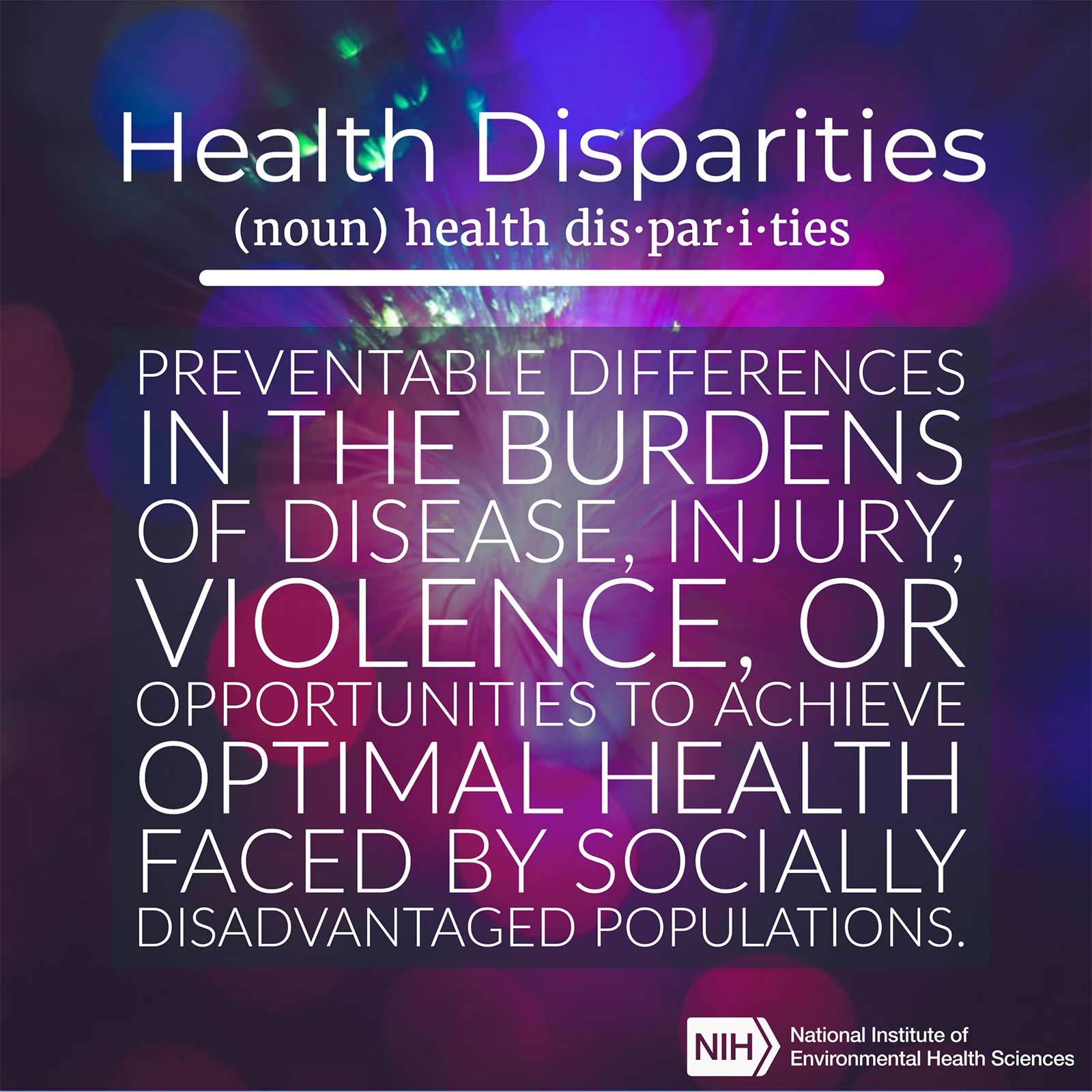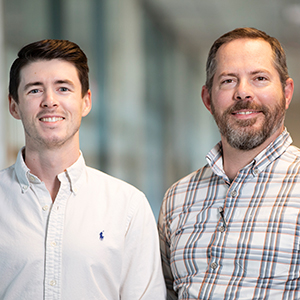A report published Mar. 10 in the journal Sleep gathered recommendations from a 2018 workshop titled “The Role of Sleep in Health Disparities: Causes and Health Consequences.” Chandra Jackson, Ph.D., co-chaired the meeting and is the report’s first author. She studies sleep health disparities (SHDs) in the NIEHS Social and Environmental Determinants of Health Equity Group.
 “Sleep deficiencies are associated with a wide range of suboptimal health outcomes, high-risk health behaviors, and poorer overall functioning and wellbeing,” the report states.
“Sleep deficiencies are associated with a wide range of suboptimal health outcomes, high-risk health behaviors, and poorer overall functioning and wellbeing,” the report states.The two-day event was organized by the National Institute on Minority Health and Health Disparities (NIMHD), the National Heart, Lung, and Blood Institute, and the National Institutes of Health Office of Behavioral and Social Sciences Research. Experts in health disparities and sleep met to share insights from their respective fields and identify research gaps. They made recommendations for future studies and interventions related to sleep health disparities.
“Inopportune exposure to light, noise, poor air quality, and psychological stress can affect sleep health,” said Jackson, who holds a secondary appointment at NIMHD. “Certain populations have been shown to be disproportionately exposed due to residential and labor market segregation,” she said.
Those populations include racial and ethnic minorities, and socioeconomically disadvantaged groups.
 Jackson won the Presidential Early Career Award for Scientists and Engineers in 2019. (Photo courtesy of Steve McCaw)
Jackson won the Presidential Early Career Award for Scientists and Engineers in 2019. (Photo courtesy of Steve McCaw)Research roadmap
Jackson noted that recommendations in the report could foster research that helps to reduce disparities in sleep health. Some of those suggestions include the following.
- Integrate health disparities and sleep research approaches. Jackson said this suggestion is a key take-home message from the workshop. “Most sleep research has focused on biological pathways and mechanisms while largely ignoring [research participants’] sociocultural and physical environments,” the report states.
- Investigate the influence of SHDs on daily function, quality of life, and social consequences. “Sleep deficiencies are related to increases in risk of serious accidents and injury at work and while driving; poorer cognition, social interactions, and emotional functioning; [and] risk-taking behaviors,” wrote the authors.
- Train a diverse workforce to conduct transdisciplinary research on SHDs. According to the report, “Training workshops, educational courses, and mentoring from experts in both sleep and health disparities can be used for future workforce development and may prevent unnecessary attrition of diverse researchers.”
The researchers also suggested addressing SHDs through such educational and social interventions as flexible work schedules and school start times that allow young students adequate sleep. The authors emphasized that interventions should be culturally appropriate.
“Our hope is that recommendations from this report are implemented by research and clinical communities. That could lead to major progress toward understanding and addressing sleep health disparities across the life course,” said Jackson.
(Ernie Hood is a contract writer for the NIEHS Office of Communications and Public Liaison.)










